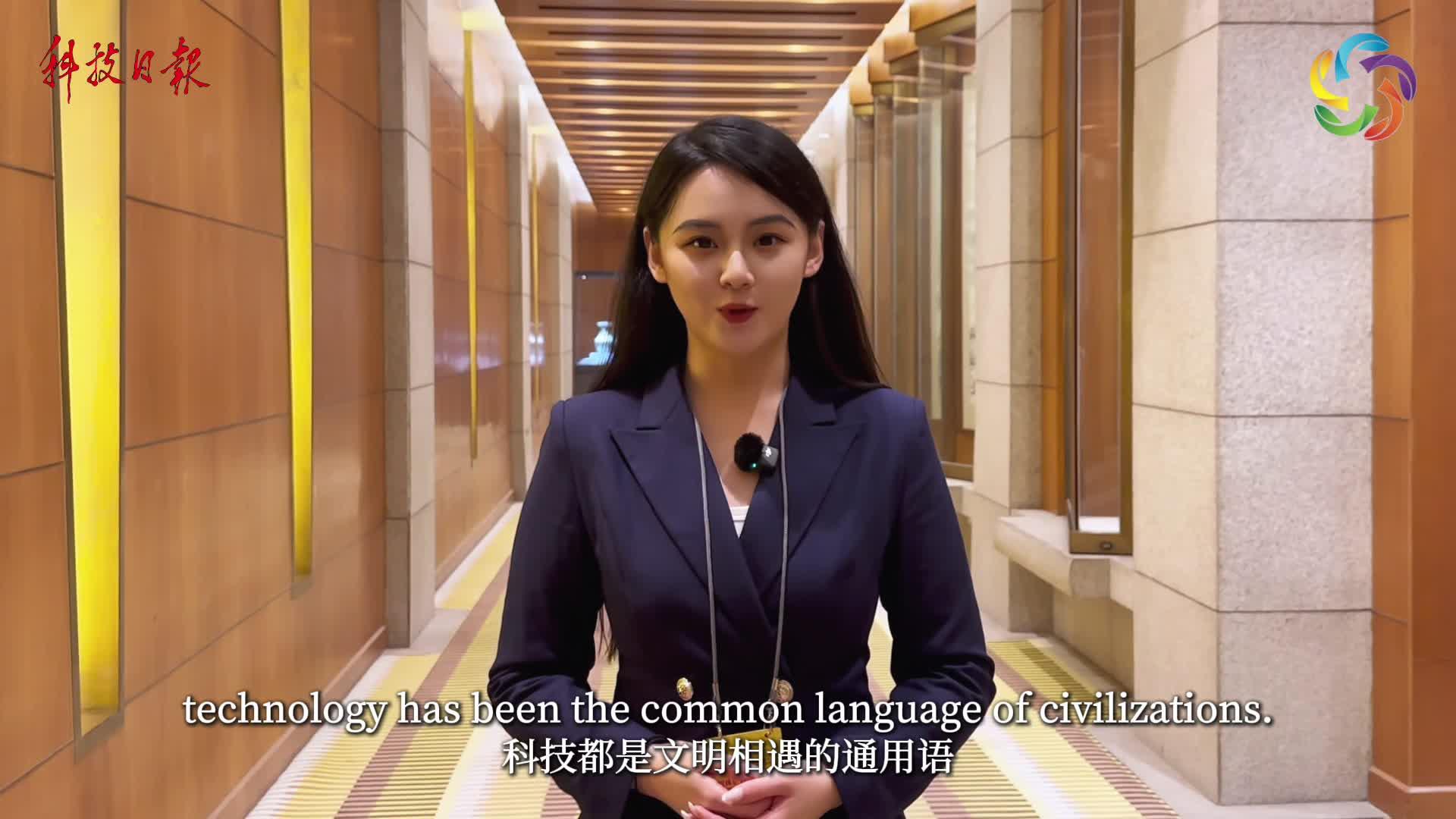Guideline to Improve Modern Corporate System
China's enterprise competitiveness and management recenty got a major shot in the arm, after the release of a guideline on how to improve modern corporate system governance through institutional reform.
Released by the Chinese government, the document outlines 19 key measures to improve corporate governance, enhance scientific management practices, and stimulate innovation through effective incentive mechanisms.
The guideline sets a goal of establishing a more improved modern corporate system aligned with China's national conditions by 2035, with enhanced global competitiveness and solid foundations for building world-class enterprises.
Corporate governance reforms are central to the plan. State-owned enterprises (SOEs) are encouraged to optimize equity structures, clarify ownership rights, and establish efficient, transparent and legally compliant governance mechanisms. Private firms are urged to enhance internal governance, and develop modern management systems tailored to their organizational forms, including family-owned businesses.
The guideline also focuses on elevating enterprise management. Companies are encouraged to develop strategic planning aligned with national development goals, improve internal control and risk management, and integrate digital technologies into business operations. Strengthening democratic management through employee participation and union engagement is also promoted.
Innovation remains a cornerstone of the guideline. The government will support companies in building research institutions, enhancing collaboration with universities and research centers, and creating innovation-friendly environments. New incentives will target long-term value creation, and eligible enterprises will be encouraged to establish institutions that adhere to intellectual property rights.
In addition, the guideline encourages enterprises to incorporate fine traditional Chinese cultural values — such as honesty, trustworthiness, integrity and innovation — into their management practices and corporate governance. It calls on businesses to take the lead in environmental protection, rural revitalization, and public welfare initiatives. Furthermore, all enterprises are urged to establish fair compensation systems and actively contribute to social development.
Regulatory reforms and improved government services will support the guideline's implementation. Authorities will strengthen financial supervision, enhance corporate credit systems, and promote simplified licensing and exit mechanisms.
The guideline seeks to empower enterprise development with institutional innovation, further unleashing the vitality of micro entities and making China's modern enterprises more dynamic, resilient and competitive, according to the National Development and Reform Commission, the country's top economic planner.







